An operating system is a program that acts as an intermediate part between a user of a computer and the computer hardware and controls the execution of all kinds of programs. An operating system is the program that, after being initially loaded into the computer by a boot program, manages all the other programs in a computer. Operating systems are an essential part of any computer system. Operating systems is an essential part of any computer science education. This field is undergoing rapid change, as computers are now prevalent in virtually every arena of day-to-day life.
This book covers all the essential and basic concepts of Operating system. It explains the how to manage the computer’s resources, such as the central processing unit, memory, disk drives, and printer. It also covers how to establish a user interface, and to execute and provide services for applications software.
It provides a clear description of the basic concepts of operating systems which gives complete understanding about an operating system. It also gives a clear picture of important functions of Operating system such as File Management, Memory Management, Processor Management, Storage Management, Device Management, Security Monitoring activities, a Job accounting and Control over system performance. The fundamental concepts and algorithms covered in the book are often based on those used in both open-source and commercial operating systems. Our aim is to present these concepts and algorithms in a general setting that is not tied to one particular operating system. However, we present a large number of examples that pertain to the most popular and the most innovative operating systems, including Linux, Microsoft Windows, Apple mac OS (the original name, OS X, was changed in 2016 to match the naming scheme of other Apple products), and Solaris. Concepts are presented using intuitive descriptions. Important theoretical results are covered.

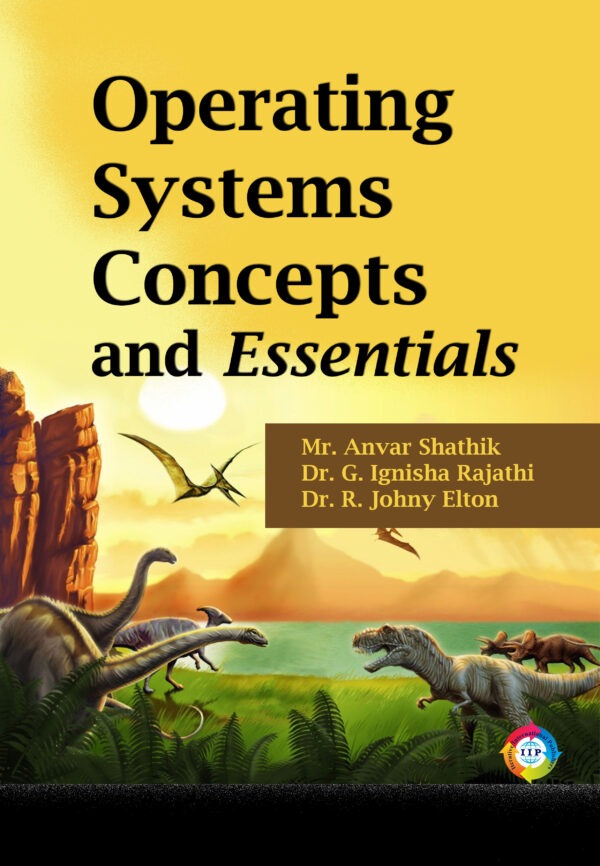
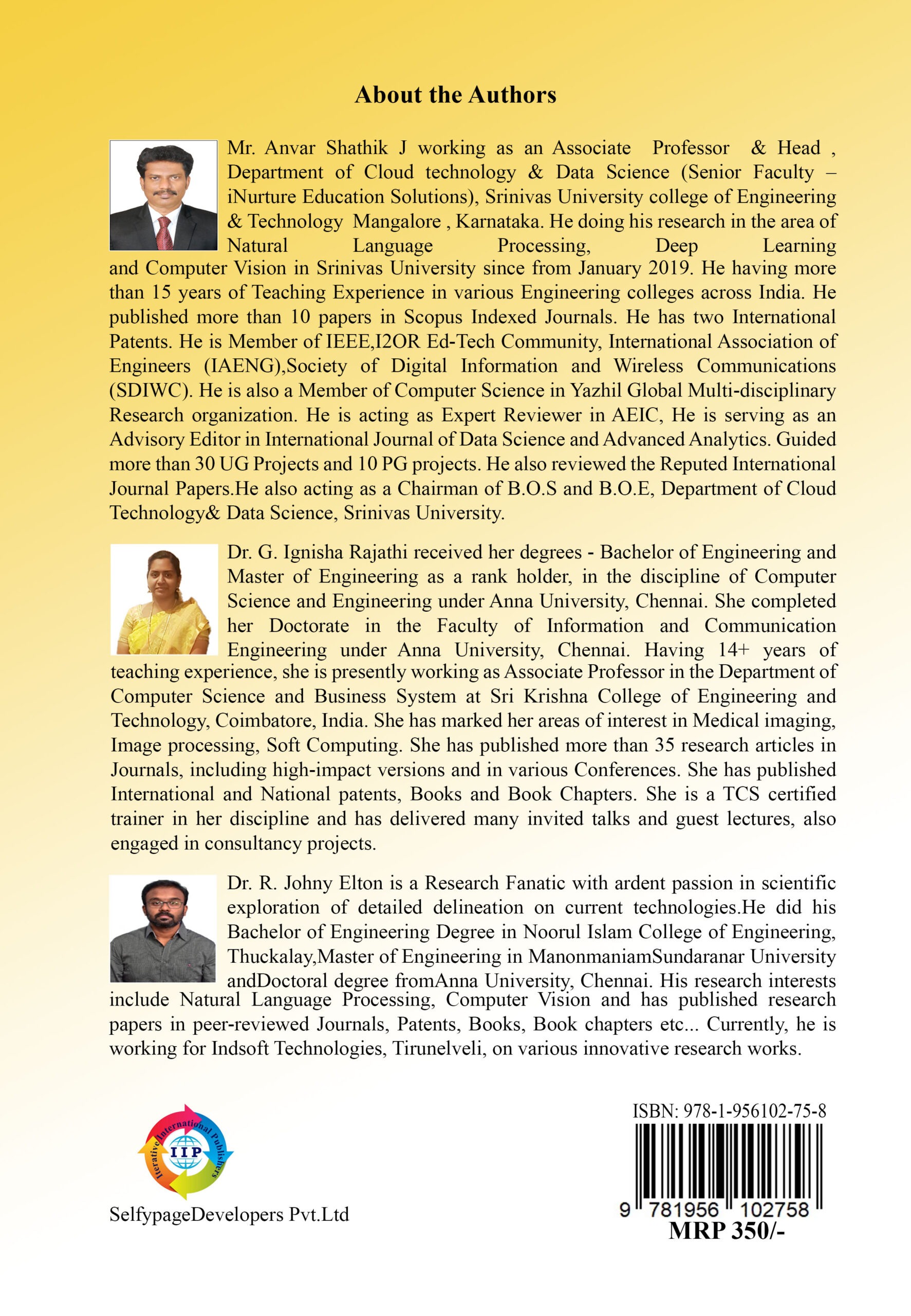
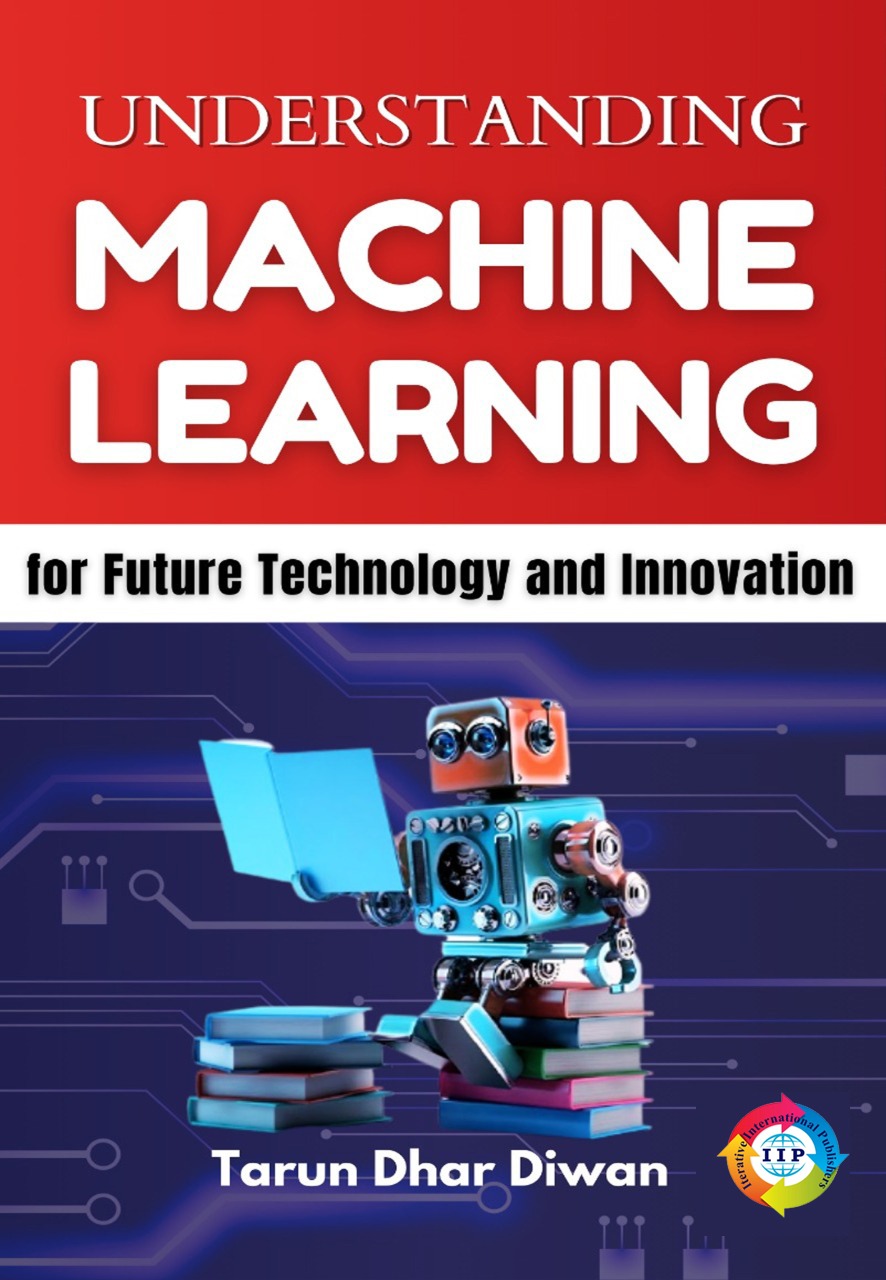
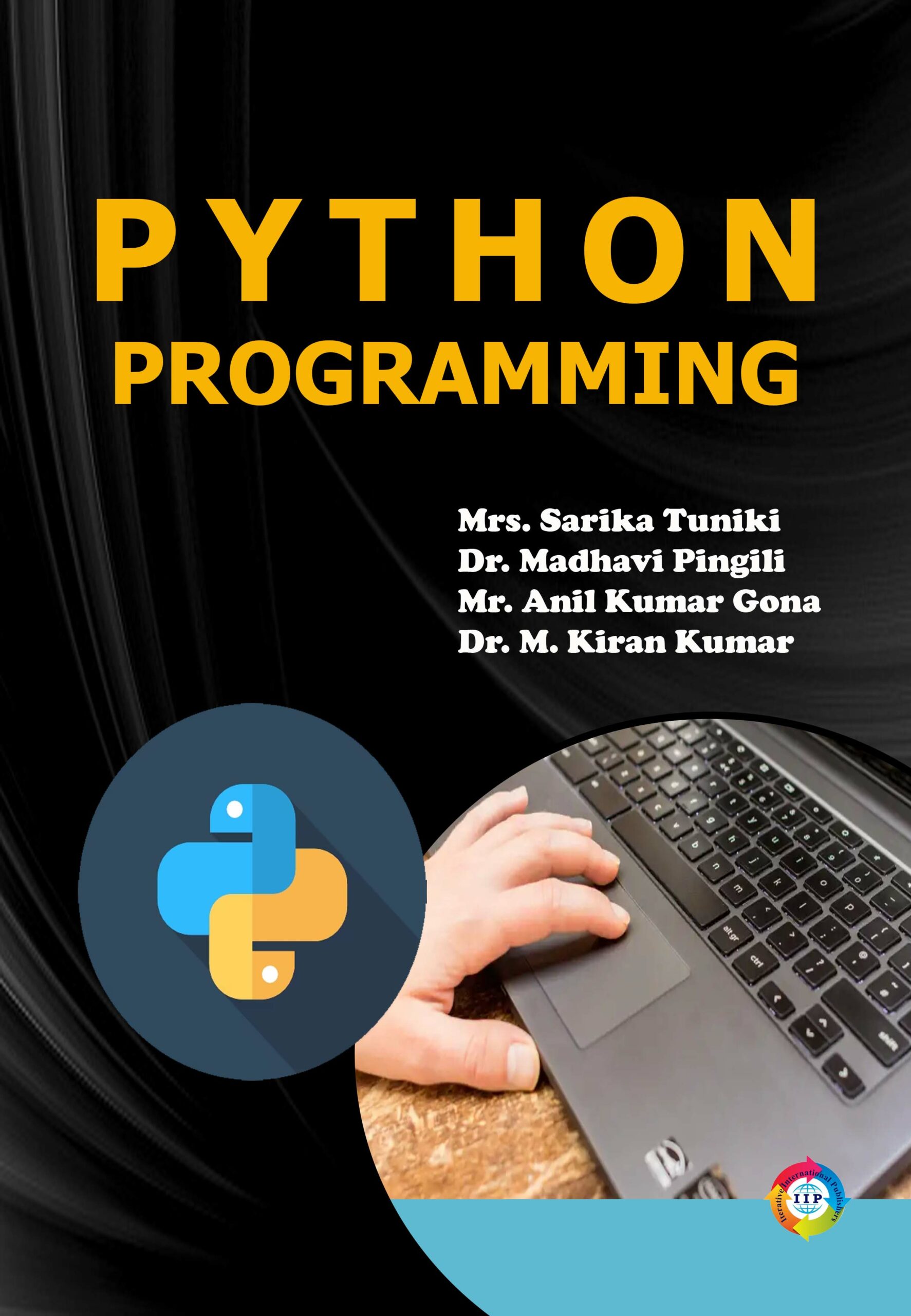
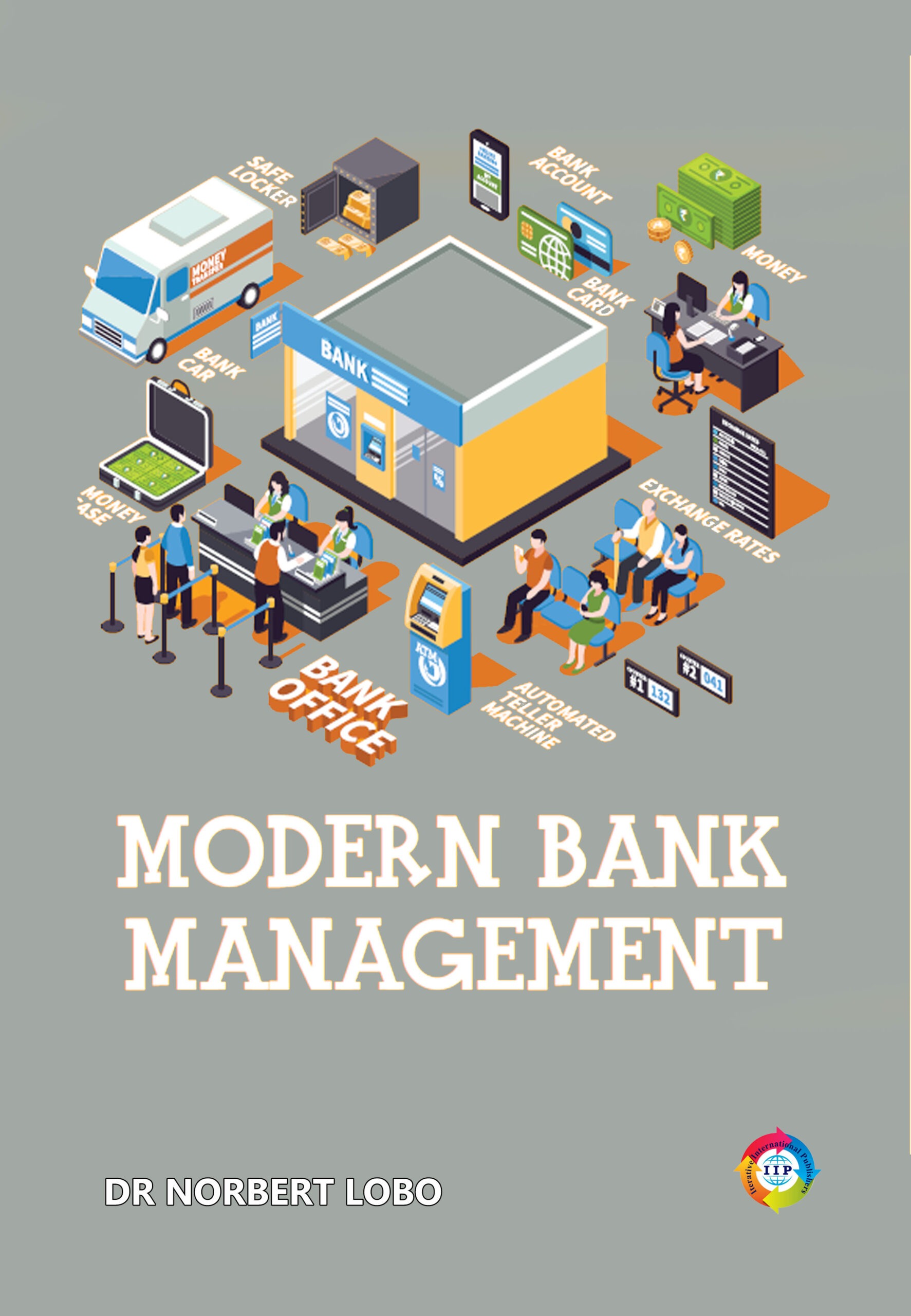
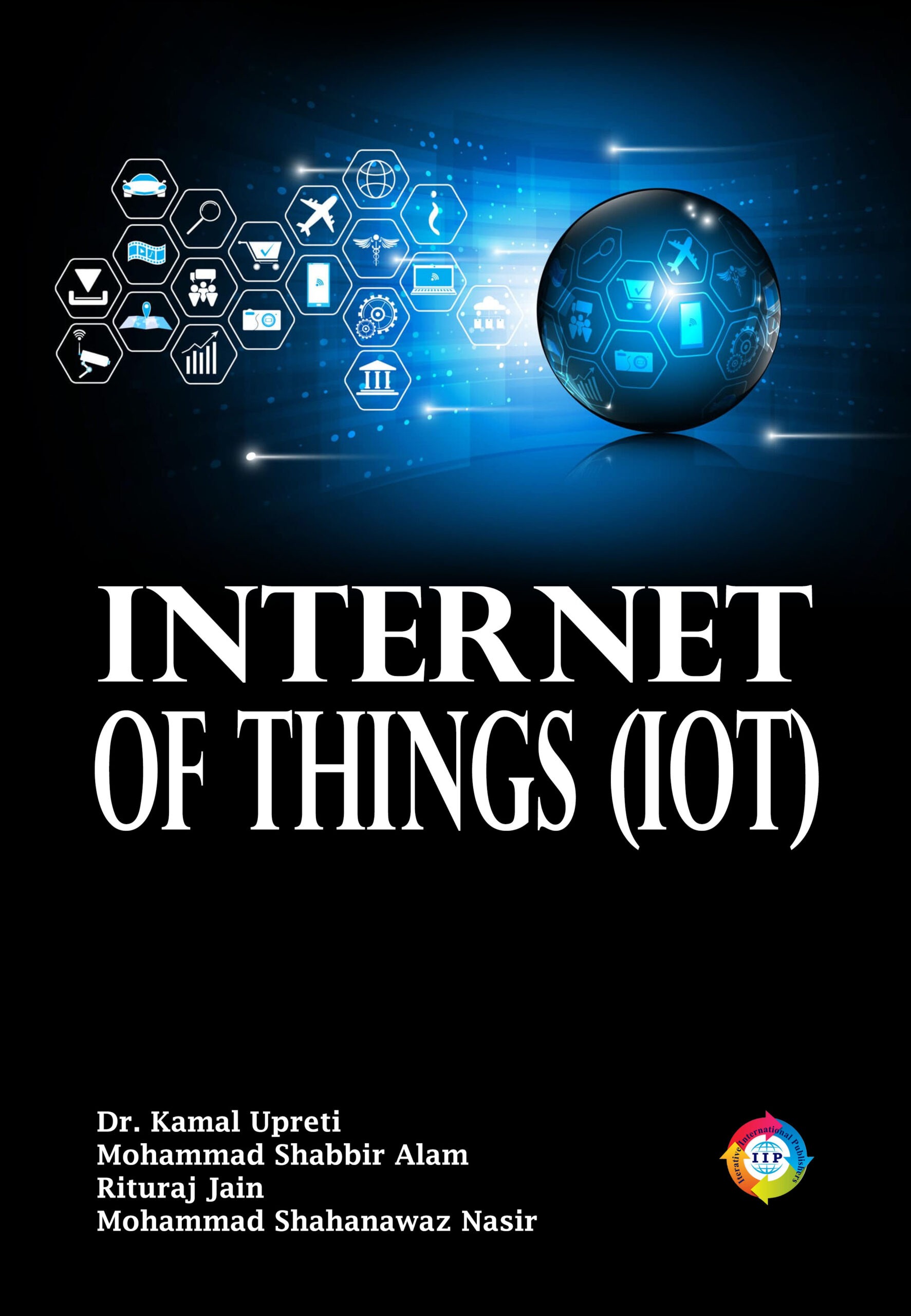
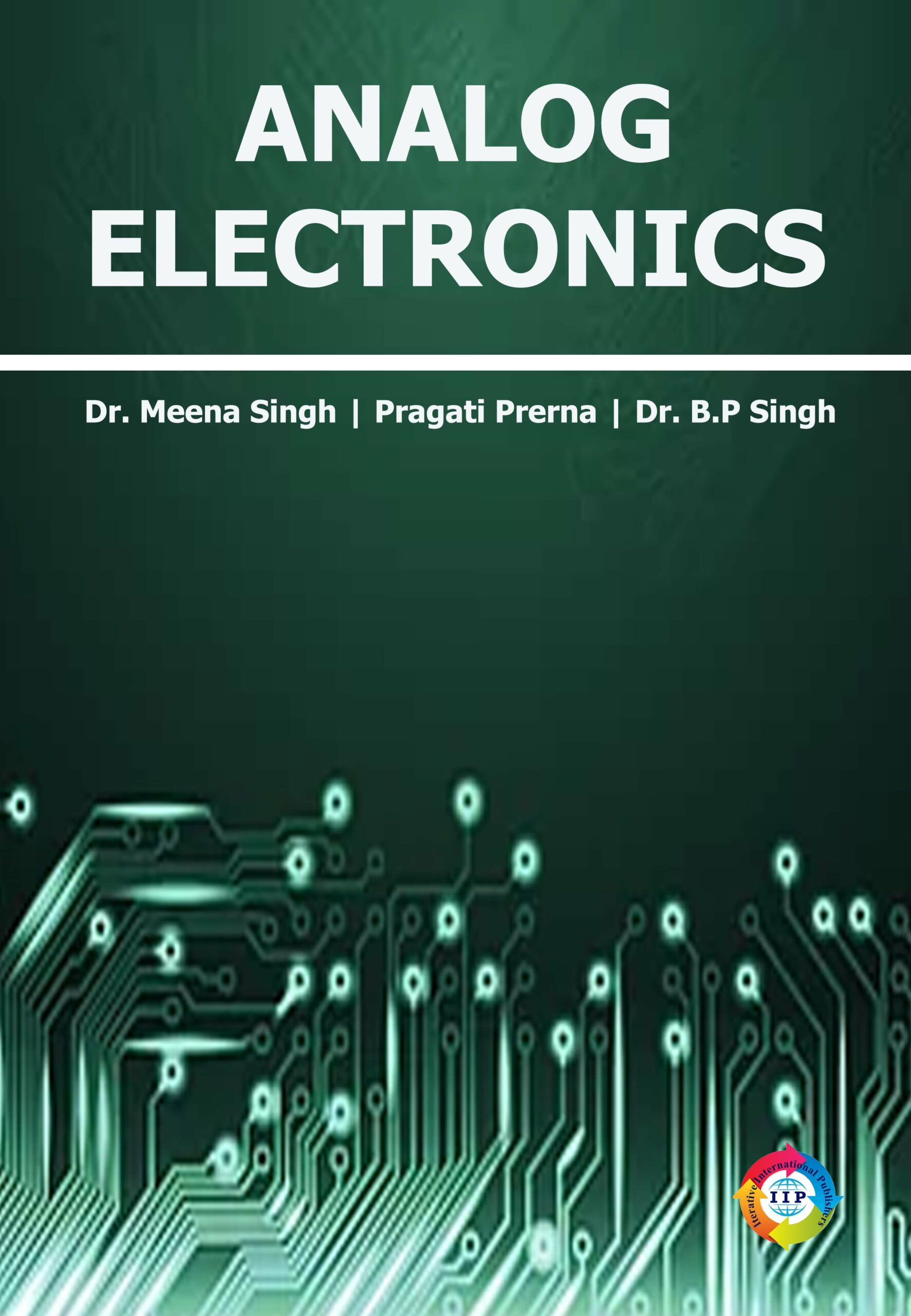
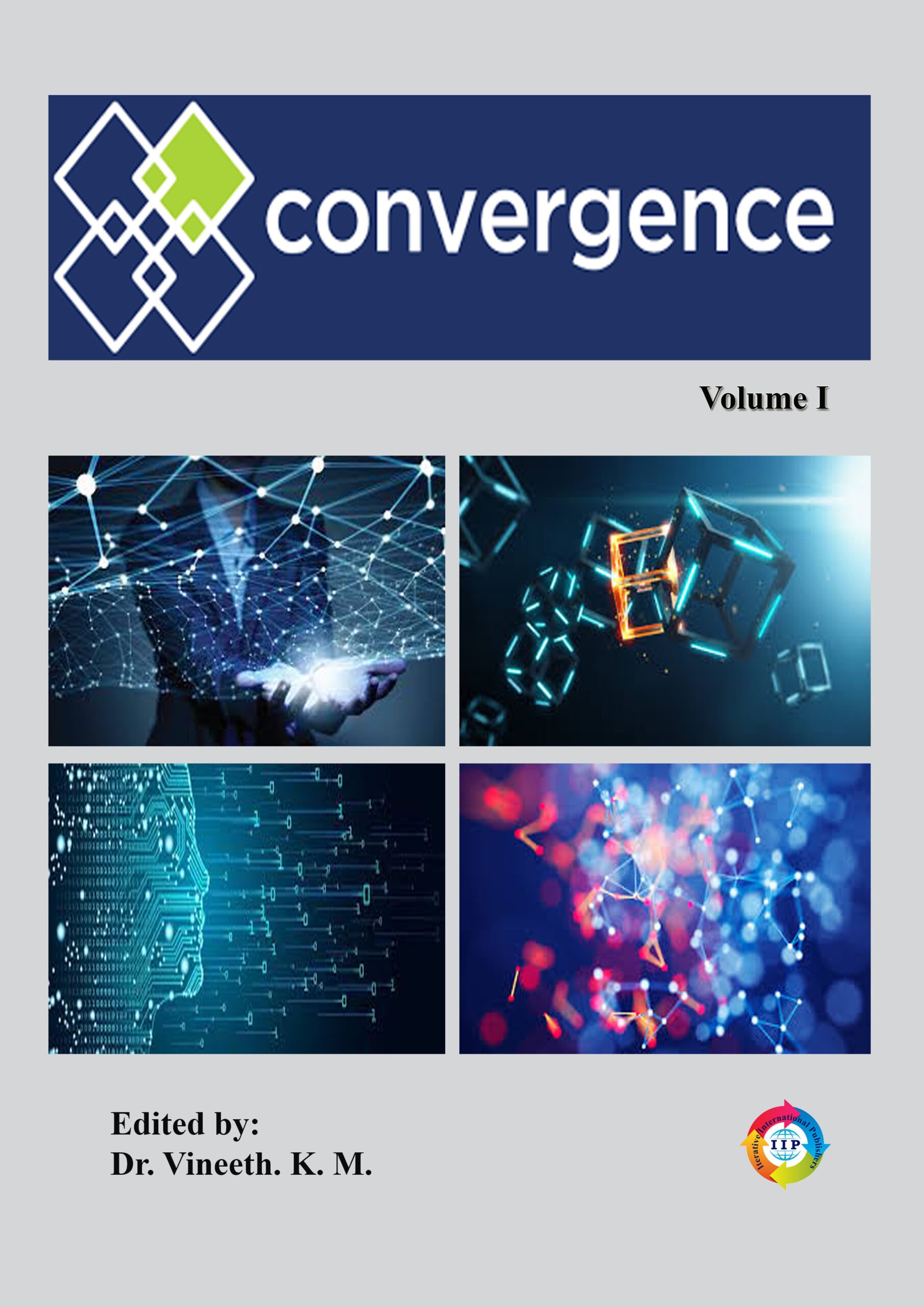
Reviews
There are no reviews yet.